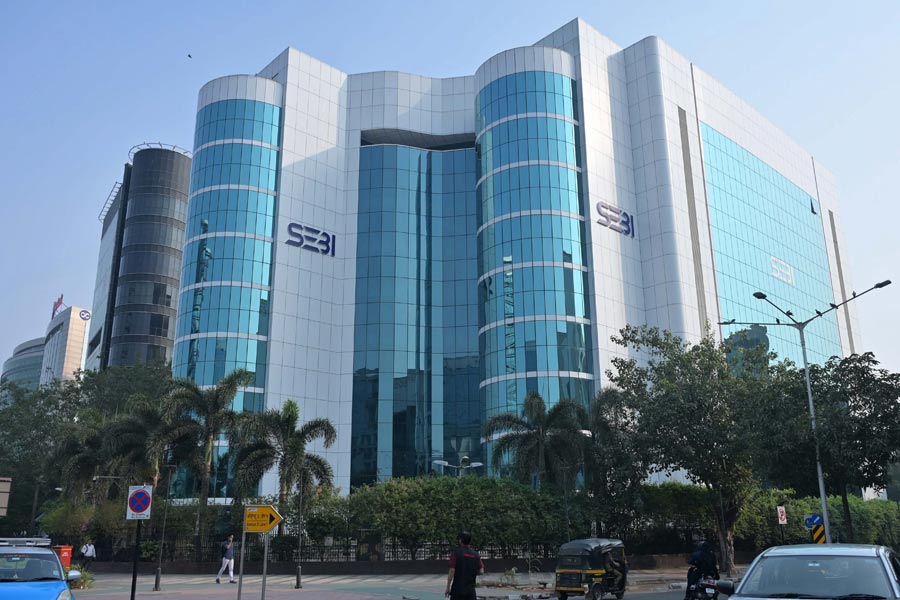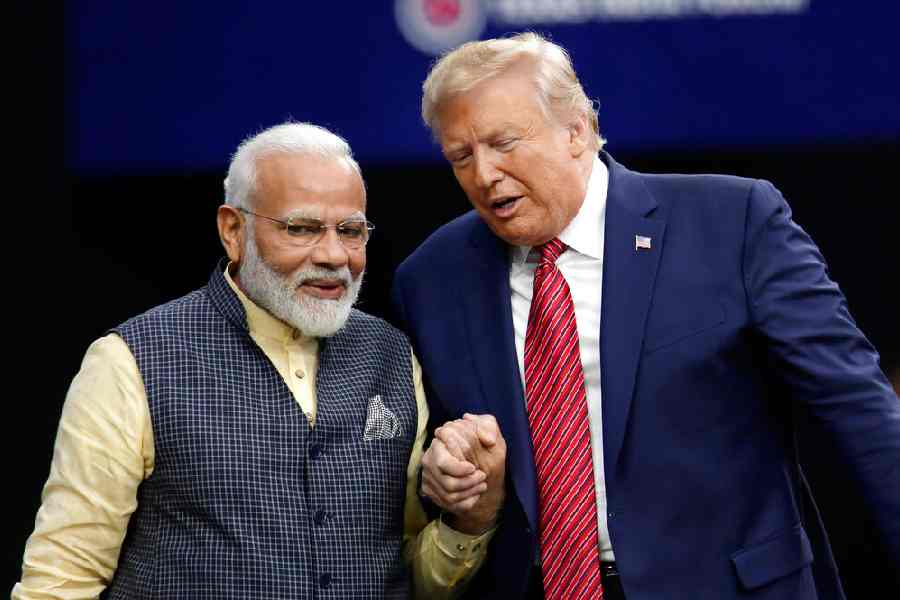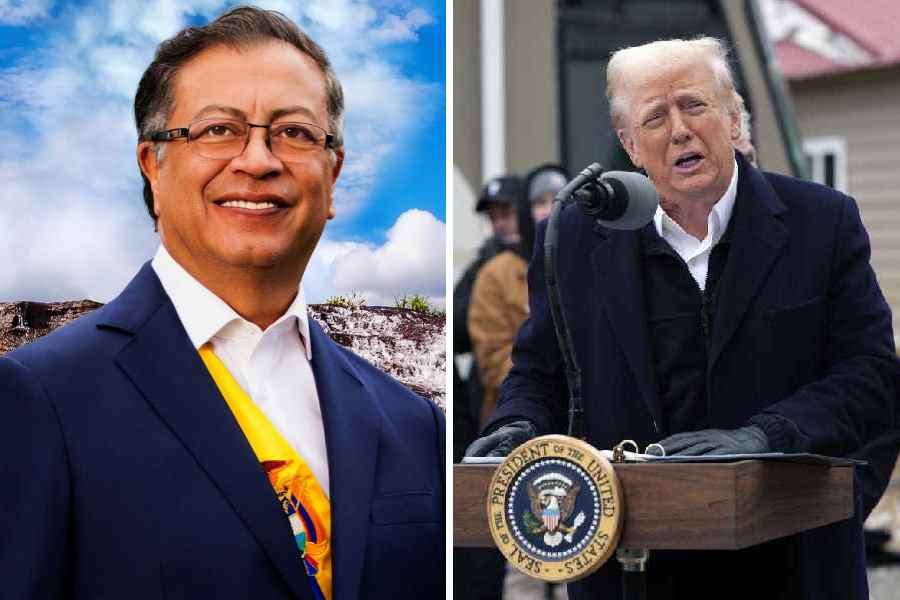The government on Monday initiated the process to find a successor for market regulator SEBI chief Madhabi Puri Buch, who was involved in an alleged conflict of interest row.
The three-year term of Buch as Securities and Exchange Board of India (SEBI) chairperson ends on February 28. Buch turned 60 this month.
The Department of economic Affairs under the Finance Ministry said the appointment will be for five years or till the candidate attains 65 years of age. Last date to file applications is February 17.
"The chairman should be a person who does not and will not have any such financial or other interests that are likely to affect prejudicially his function as the chairman," the advertisement said.
Similar clause was there last time as well when the government invited applications for SEBI chief in October 2021.
As per the advertisement issued on Monday, the candidate should have "high integrity, eminence and reputation preferably above 50 years with more than 25 years of professional experience".
The candidate is also required to have a "shown capacity in dealing with problems relating to securities markets, or has special knowledge or experience of law, finance, economics, accountancy' which in the opinion of the central government shall be useful to the board".
This time the selection process has been initiated just a month before the end of the current chief's tenure, unlike last time when it started four months prior.
Buch assumed charge at the helm of SEBI on March 2, 2022, for a period of three years. She made history as the first woman to lead the market regulator as well as the first private sector individual to hold the position. She served as a whole-time member of SEBI from April 2017 to March 1, 2022.
Although, Buch in her tenure made significant strides in areas like faster settlements in equities, enhanced FPI disclosures and increasing mutual fund penetration, the last year of her tenure saw heightened controversy, when she battled a series of allegations by short-seller Hindenburg and the Congress party, while simultaneously dealing with in-house employee protests against "toxic work culture".
In August last year, Buch faced pressure to resign after the US-based short-seller Hindenburg Research accused her of having conflict of interest that prevented a thorough examination of manipulation and fraud claims at the Adani Group.
Hindenburg accused Buch and her husband, Dhaval Buch, of investing in offshore entities that were allegedly part of a fund structure in which Vinod Adani -- the elder brother of Adani group founder chairman Gautam Adani -- also had investments.
Buchs had denied the allegation saying the investments were made before she joined the regulator and she had complied with all disclosure requirements. Hindenburg earlier this month announced shutting down its business.
The government, on its part, did not publicly say if it had sought an explanation from Buch.
The new SEBI chairperson will receive a pay equivalent to a secretary to the government of India which is Rs 5,62,500 per month (without house and car), the advertisement said.
The government will appoint the SEBI chairperson on the recommendation of the Financial Sector Regulatory Appointments Search Committee (FSRASC). The committee is also free to recommend any other person also who has not applied for the post on the basis of merit, it added.
As per the procedure for the appointment of regulators, the candidate is shortlisted by the FSRASC, headed by Cabinet Secretary.
As per the SEBI Act, SEBI chairman is appointed for a maximum period of five years or till 65 years, whichever is earlier.
Traditionally, the government initially appoints SEBI chief for three years. The tenures can be extended for another two years.
However, among the recent SEBI chiefs, U K Sinha was an exception who was initially appointed for 5 years and thereafter got an extension for 1 more year. Sinha, led SEBI from February 18, 2011, to March 1, 2017' making him the second longest serving SEBI chief after D R Mehta (February 1995-February 2002).
IAS officer Ajay Tyagi, who succeeded Sinha, was initially appointed for five years. However, within days of his appointment, the Government curtailed Tyagi's tenure to 3 years saying the appointment will be initially for 3 years.
Tyagi, who served as SEBI chief from March 1, 2017 to February 28, 2022, was given two extensions -- first for six-months and then another 18 months.
Buch succeeded Tyagi on March 2, 2022.
Except for the headline, this story has not been edited by The Telegraph Online staff and has been published from a syndicated feed.











